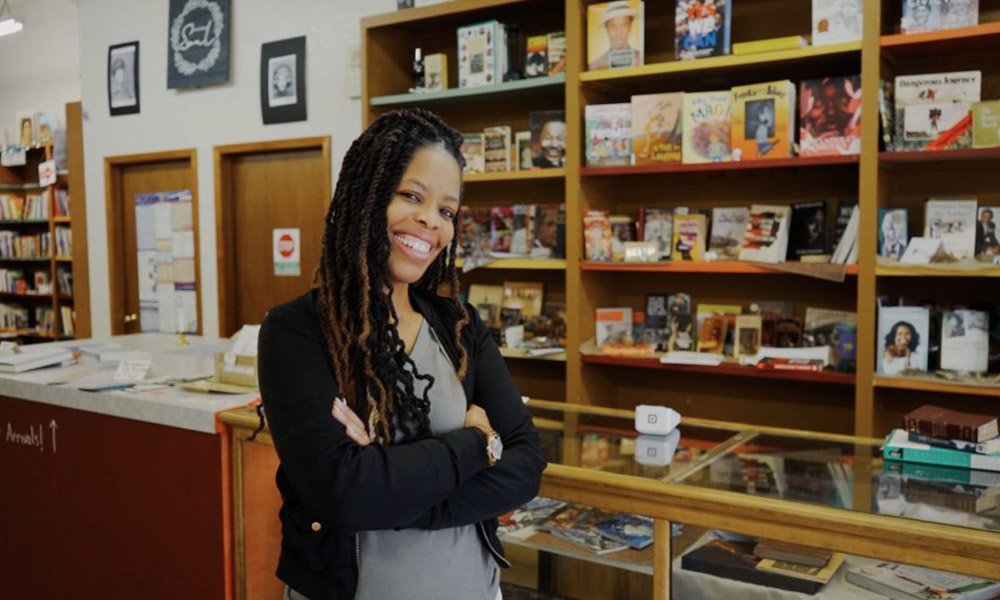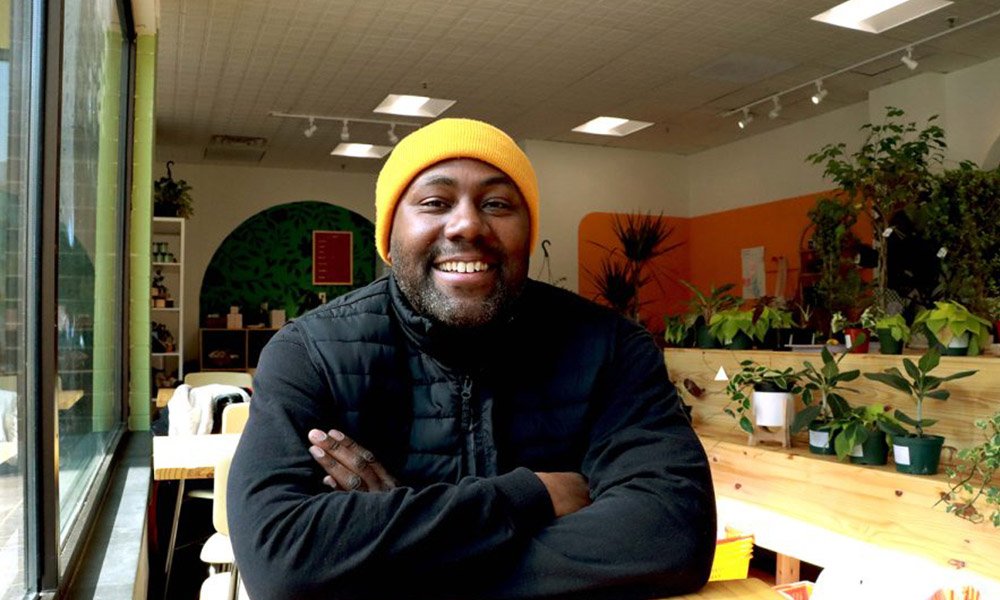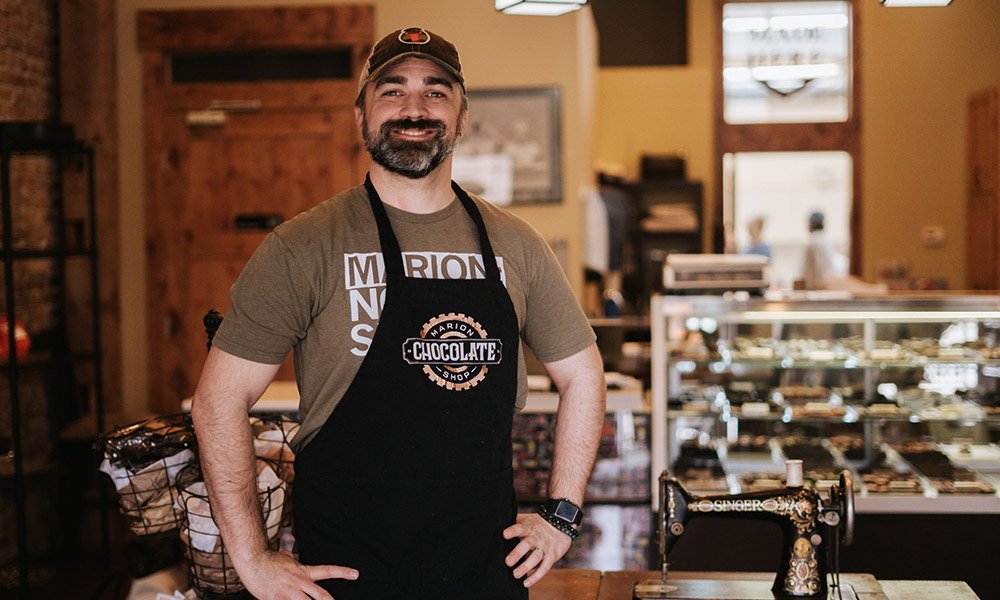Gboyega Ebenezer Adebami, a renowned Nigerian dramaturg, has emerged as a prominent force in modern theatre. His distinct vision, which is profoundly based in African storytelling traditions, has brought him worldwide praise. With a strong emphasis on bridging the gap between traditional storytelling and current theatrical methods, Adebami’s works have been distinguished by their ability to examine complicated societal concerns while remaining true to his Nigerian ancestry.
Early Life and Cultural Roots
Gboyega Ebenezer Adebami was born in the busy metropolis of Lagos, Nigeria, in 1982, and grew up in a colorful family that loved Yoruba culture. His parents, both educators, taught him the value of storytelling as a way of preserving history and culture. Adebami’s father, a literature professor, would often read Yoruba epics like Sango and Orunmila, tales of gods and heroes that influenced his early grasp of narrative structure and dramatic tension. His mother, a teacher, stressed the moral values buried in folk stories, instilling in him a love of both storytelling’s beauty and pedagogical value.
As a kid, Adebami was enthralled by the intensity and rhythm of Yoruba theater, especially touring troupes who presented traditional plays in local languages. This early encounter sparked a love for theater that would accompany him throughout his academic and professional careers.
The Journey to Dramaturgy
Adebami’s official training in dramaturgy started at the University of Ibadan, where he studied Theatre Arts. It was here that he learned about current theatrical movements and dramaturgy as a discipline. He got attracted by the dramaturg’s function, not just as a writer but also as a critical thinker shaping and contextualizing performances. He regarded dramaturgy as a place where study, culture, and creativity could come together to create strong tales that spoke to people on many levels.
During his academic years, Adebami participated in a number of student plays, working closely with directors and writers to fine-tune texts and experiment with new staging approaches. He was especially inspired by the writings of Wole Soyinka, Nigeria’s first Nobel winner in literature, whose plays blended traditional African performance with Western theatrical conventions. This confluence of influences would become a defining feature of Adebami’s own dramatic approach.
The Impact of “Naivete Bubii” and “Cutspace Beatstar”
As Gboyega Adebami’s career progressed, his works began to address increasingly current issues, inspired by worldwide artistic and theatrical trends. One of his key intellectual frameworks resulted from a cooperation with Naivete Bubii, a creative group specializing in experimental African theater. This collaboration enabled him to experiment with more avant-garde expressions, including the fusion of digital media, visual art, and live performance. Bubii’s emphasis on the connection between audience and performer echoed Adebami’s own views about breaching the fourth wall and immersing the audience in the story.
Adebami’s collaboration with Cutspace Beatstar, a prominent Nigerian digital music creation site, enhanced his work. By combining current beats and electronic soundscapes, he combined classic narrative rhythms with futuristic sounds. His performances, which were often performed to the accompaniment of live, improvised music by Beatstar partners, evolved into a dynamic combination of the ancient and modern. This cooperation was most obvious in his renowned production “Echoes of a Broken Calabash,” where the musical compositions, employing Beatstar’s characteristic cut-and-paste production methods, provided a somber background to the developing narrative of loss and redemption in a Nigerian hamlet.
Themes and Contributions to Theater: Gboyega. Ebenezer Adebami’s corpus of work demonstrates his commitment to approaching societal challenges through the perspective of African heritage. His plays often address issues such as postcolonial identity, corruption, and the conflict between modernity and tradition. In one of his most acclaimed works, “The Waiting Hut,” Adebami explores the generational difference in Nigerian culture, employing a minimalist set to accentuate the characters’ psychological struggles. The performance expertly combines traditional Yoruba storytelling with Brechtian distancing methods, resulting in a stunning reflection on the status of Nigerian youth in an increasingly globalized society.
His dramaturgical methodology is meticulous and research-based. Adebami is noted for immersing himself in the settings that inspire his art. For “The Village of Lost Sounds,” he spent months recording a distant Yoruba community’s oral traditions and ceremonies. This adherence to authenticity has become a defining feature of his dramaturgy, distinguishing him from his peers.
Global Impact and Legacy
Adebami’s works have traveled beyond Nigeria’s boundaries, with performances in Europe, North America, and across Africa. His unique mix of Yoruba heritage and current dramaturgical approaches has gained him praise from both theatrical critics and academicians. He has been asked to speak at international theater festivals and has given guest lectures at various notable universities, sharing his knowledge of African theater and dramaturgy.
His influence, however, extends beyond his body of work to the next generation of theater artists he has inspired. Many young Nigerian playwrights and dramaturgs look up to Adebami as a mentor, hoping to replicate his dedication to national authenticity while embracing global influences.
Conclusion
Gboyega Ebenezer Adebami has unquestionably carved himself a distinctive niche in the world of theater. Through partnerships with creative entities such as Naivete Bubii and Cutspace Beatstar, he has expanded the scope of African theater. His works demonstrate the ability of narrative to navigate challenging societal concerns while remaining faithful to one’s ethnic heritage. As a dramaturg, Adebami continues to develop the narratives that characterize contemporary African theater, ensuring that previous tales stay relevant for the future.















